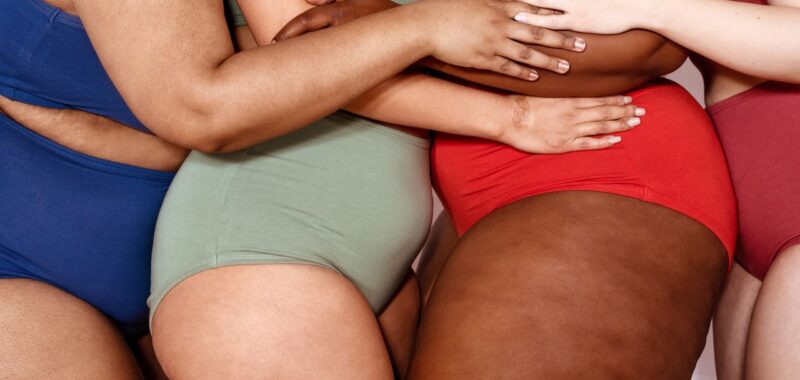This week, news broke that WeightWatchers has filed for bankruptcy in the US. In 1968, five years after its launch, the group boasted more than 1 million members around the world. A decade later, the business would sell for more than $71 million. It peaked at 5 million subscribers in 2020, but has struggled since the pandemic with the rise of drugs like Ozempic and Mounjaro. The legal process will see millions of the 60-year-old diet brand’s debt written off while it agrees new terms for paying back its lenders, and the company will be acquired by a group of investors.
The weight-loss program has said it will remain “fully operational” during the process with “no impact to members.” So, it’s not clear yet whether its doors will shut for good, but many are celebrating this news anyway. Why? Because for so long, WeightWatchers felt like the Moby Dick of diet culture.
Growing up, many women likely have similar memories of the brand as I do—it lorded over us in public consciousness as a place fat women should go. It was pervasive and insidious. I knew about WeightWatchers “smart points” despite never joining the program, I knew that they called some foods “syns,” promoting to millions the unhelpful and untrue idea that food can be attached to morality.
Every plus-sized woman I knew as a teenager would attend WeightWatchers in phases; they’d go, lose weight, leave, put the weight back on, and eventually join again. The brand may not attach itself to yo-yo dieting or see itself as a toxic overlord of dieting, but that was its material impact for many.
WeightWatchers has always been heavily skewed and marketed towards women, with us making up 90% of its membership. This fact in itself is evidence of how patriarchal beauty standards are—weight loss is always targeting women, and fatphobia disproportionately affects women irregardless of our weight. The 2022 Health Survey for England estimated that men were more likely than women to be overweight or obese (67% of men compared with 61% of women).
Despite, in recent years, the brand trying to shift its approach to a more “holistic” focus on wellness versus just weight loss, the damage is too little too late and much of its historic characteristics are still present, just now with some snazzy new marketing.
I personally take umbrage with almost every element of WeightWatchers. I hate the name; the idea it instils that our weight is something that needs to be “watched.” I hate that it has helped to promote the idea that weight loss is synonymous with health; that a woman’s life should revolve around restriction and monitoring. I hate calling food a “syn”—replacing the i with a y does not remove the meaning. I hate that it mothered a culture of calorie counting.
So, am I happy to see the fall of WeightWatchers? Well, yes and no. Sadly, it’s a lot more nuanced than that. This is not the win for diet culture it may seem, and it definitely doesn’t signal a shift in society towards body acceptance and healthier approaches to eating and health.

